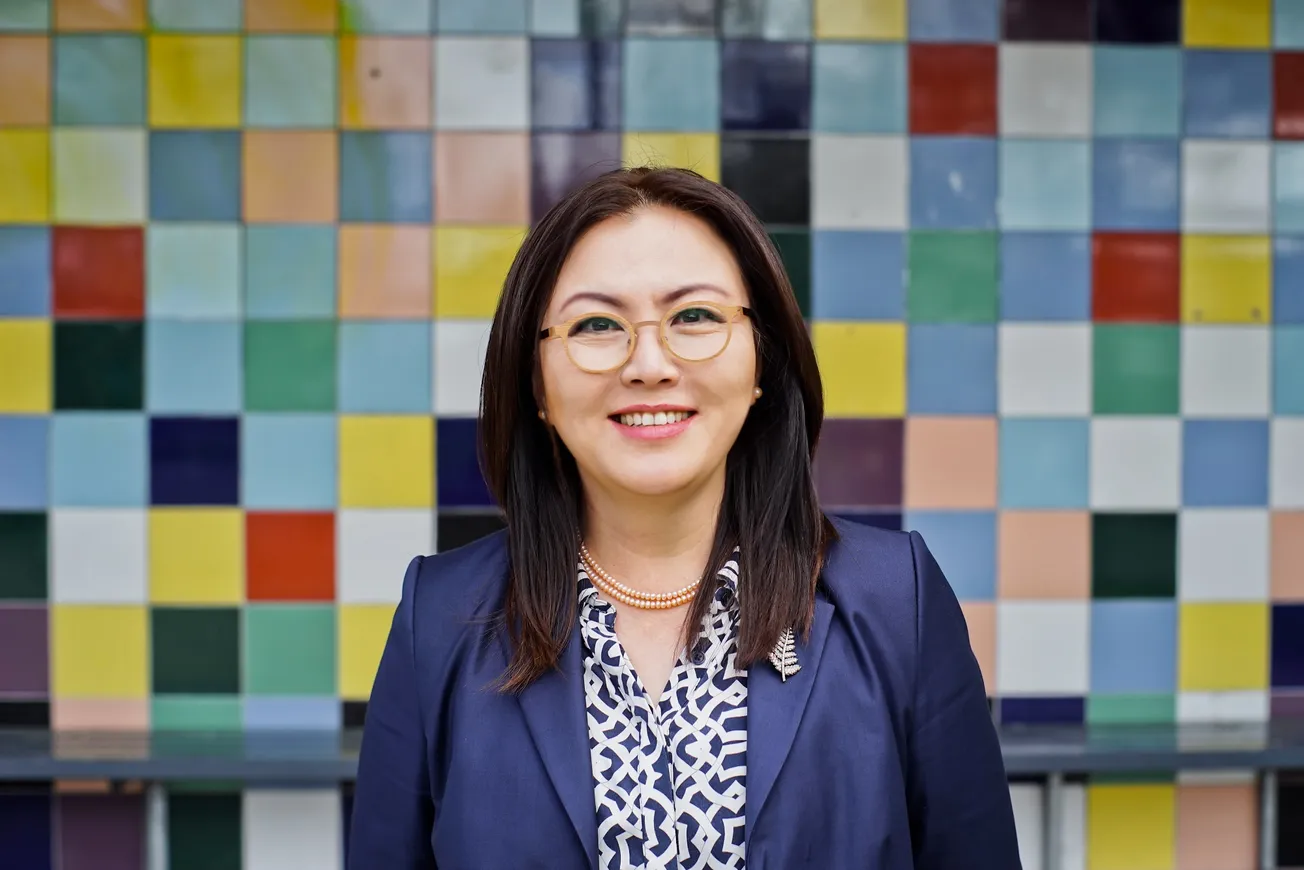Table of Contents
Lee Seabrook-Suckling
asiamediacentre.org.nz
The COVID-19 lockdowns in New Zealand have thrown a spanner in the works for face-to-face political campaigning. How are Asian New Zealand politicians reaching their audiences? Asia Media Centre reports on the challenges and opportunities on voter engagement in our Asian Kiwi communities, complimenting new research about how Asian Kiwis plan to vote in October.
Auckland, New Zealand — New Zealand offers new migrants a democratic opportunity unique in the Western world. Unlike Australia or the United States – which require citizenship for voting rights – migrants here are legally enfranchised to vote after just one year of permanent resident status.
There are 707,598 Asian New Zealanders residing in this country, according to the 2018 Census (though a lack of reporting shows it’s not known how many of these Kiwis are eligible to vote, nor a registered to – the Electoral Commission doesn’t collect data on ethnicity except for those identifying as M?ori).
With the General Election set for less than two months’ time, Asian New Zealand politicians are actively campaigning for votes within their communities. A scarcity of community events due to COVID-19 has put a spanner in the works of physical campaigning, but National list MP Melissa Lee is using technology to her advantage.
In her Mt Albert electorate, she decided on a unique tactic just before New Zealand’s Level 4 lockdown in March 2020. “One of things I did is walked around Mt Albert and engaged with ethnic shop owners to get their information and create a WeChat group,” Lee explains.
This enabled her to stay abreast of her electorate’s needs and concerns and actively keep in touch with them for the months New Zealand was in full lockdown mode. “For business owners there were a lot of COVID questions and confusion. A lot of worries with their essential business status; who was and who wasn’t ‘essential’”. Social media chat apps came in very useful, Lee says, though, “it’s not really active campaigning along party lines”, she notes.
Physically campaigning in the form of door knocking, town hall-style events, shopping mall visits and community and cultural festivals, are a mainstay for reaching ethnic minority communities. “There is never a weekend free,” Lee adds.
Auckland councillor Paul Young, an independent, hosted 22 seminars in 2019. The August 2020 Level 3 lockdown in Auckland has kiboshed such opportunities.
“I had 3-5 seminars planned in Auckland, but they’re all on hold,” Young says. “I had a Zoom community meeting last weekend, but it’s not the same. With digital life, it’s not the same as face-to-face.”
When it comes to Asian Kiwis and voting in elections, language plays an integral part.
Young, born in Taiwan, says, “English is not my first language, and for me, that’s a disadvantage” on the campaign trail amongst all New Zealanders. “So, I use my other languages as an advantage.”
“I speak most of the Chinese languages; Mandarin, Cantonese, some Japanese, a little Korean…” Being able to communicate with voters in their native tongue helps break down a barrier in getting first-generation migrants to vote.
This is consistent with findings about the Chinese New Zealand community in a 2017 Victoria University study, which found respondents believed “the onus should be on government and political parties to communicate with immigrant communities in their own language and, importantly, via key community channels, such as churches and community leaders.”
Yet are non-English native languages in Asian Kiwi communities the only roadblock in campaigning? The 2017 Victoria University study suggests not. While there is usually trust in the New Zealand political system amongst migrants, factors from their home countries change their opinions on just how valuable their vote is.
There’s scepticism about whether an individual’s vote actually makes a difference; it is suggested this is a learned experience whereby elections might not have always been meaningful in a migrant’s home country.
Paulo Garcia, National MP and the first Member of Parliament in New Zealand of Filipino descent, says first-generation Filipinos move to New Zealand with an egalitarian notion of the way their new home functions democratically. However, “they have an ingrained ‘my vote doesn’t count, what does it matter?’ mentality,” he explains.
“It has to be a re-education,” he says, which is why with first generation Asian Kiwis, he doesn’t necessarily campaign along the National party’s political lines. “It’s more elementary than that. It’s convincing them that their vote counts. That they should be enrolled. [For that reason] I haven’t been campaigning to them with party messages [and] party values. They have to get over the hurdle of thinking their vote doesn’t matter first.”
Young has the same experience. Naturally, he wants his constituency to vote for him, but he’s more focussed on getting them to vote – period. “Most important is the going out to vote for Asian migrants,” Young says. “Maybe they don’t have election experience. They’ve never voted before. This is the reason I promote voting.”
Polling data suggests Asian New Zealanders have become more and more active in the last few years as grassroots political campaigning reaches wide audiences.
Auckland-based firm Trace Research released new data on 25 August 2020 finding 78 percent of ethnic Chinese New Zealanders voted in the 2017 election, putting the group on par with overall national voter turnout (79 per cent in 2017).
This follows a trend from Trace’s previous poll data from 2017, which looked at the 2014 election turnout and found similar levels of voting by Chinese Kiwis to all other Kiwi ethnic groups.
What is driving this? Andrew Zhu, the poll’s author, says ethic media is encouraging political literacy and this is having a positive effect on voter turnout amongst Chinese New Zealanders, which are the most populous Asian Kiwi group.
“There are more than 30 Chinese media outlets in NZ by June 2020, and every one of them publishes (sponsored or non-sponsored by political parties) news about elections, political issues and educates Chinese voters to vote etc.,” he says.
“Language barriers for past non-voters have been gradually removed, so the current high voter turnout among ethnic Chinese New Zealanders at a national level is not a surprise for me”, he adds.
Non-Chinese Asian ethnic groups have smaller, but growing, sources of local media. As news outlets grow in budget, popularity, and reach (particularly for Indian and Filipino New Zealanders, which are the second- and third-most-populous Asian communities in New Zealand, respectively), it’s likely that Asian Kiwi political engagement will only continue to trend upwards.
If you enjoyed this BFD article please share it.







